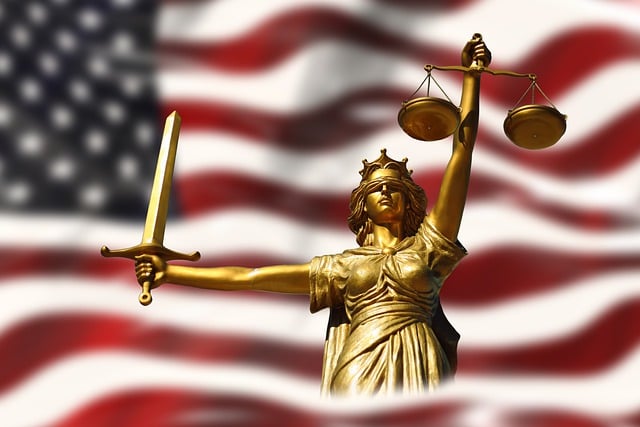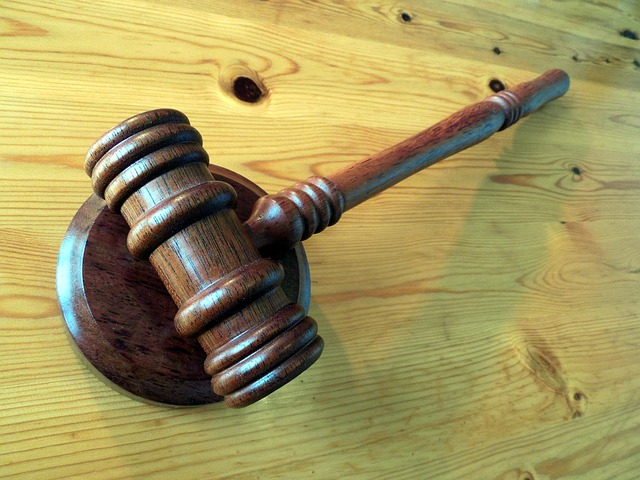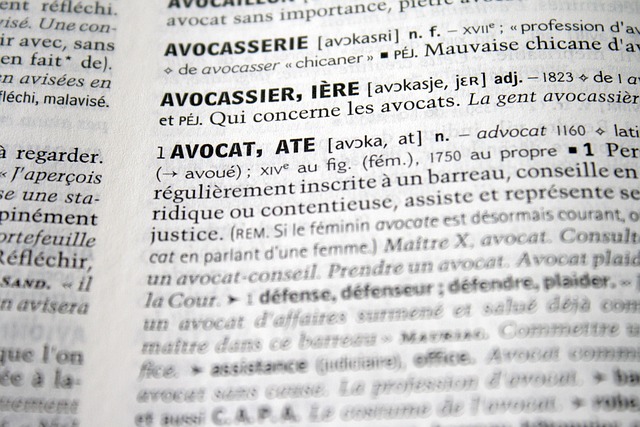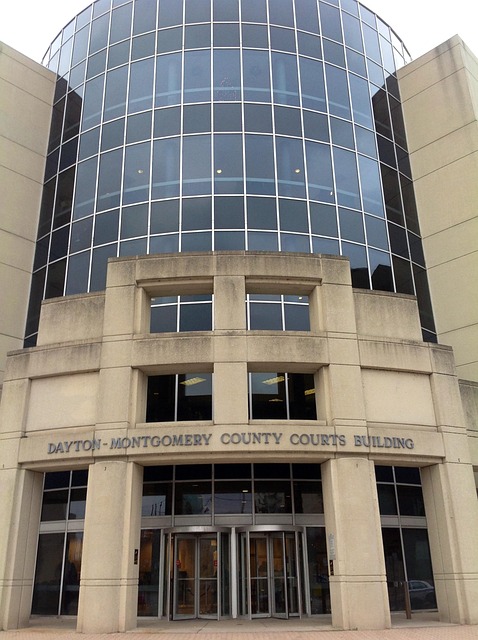Environmental law is a critical area for criminal defense attorneys, focusing on pollution, resource management, and conservation. Legal specialists in environmental violations ensure accountability and advocate for equity. Attorneys defend clients against charges, protect rights, and promote sustainable practices through expert legal strategies, leveraging scientific evidence and strict interpretations to challenge prosecution cases. They navigate complex regulations, preventing indictments and costly lawsuits while fostering trust in the legal system for Legal Assistance for Environmental Regulation Violations.
Criminal defense attorneys play a pivotal role in navigating complex environmental cases, where individuals and corporations face charges related to regulation violations. This article explores the multifaceted responsibilities of these legal experts, from understanding intricate environmental laws to advocating for sustainability. We delve into their strategic approach when facing legal loopholes and the impact of their work on fostering compliance and accountability. Discover how criminal defense attorneys contribute to a greener future through effective legal assistance for environmental regulation violations.
- Understanding Environmental Law and Its Implications
- The Role of Criminal Defense Attorneys in Environmental Cases
- Navigating Legal Loopholes: Strategies for Defense
- Supporting Sustainability: Advocacy Beyond the Courtroom
Understanding Environmental Law and Its Implications

Environmental law is a complex and ever-evolving field that criminal defense attorneys need to be well-versed in, especially when representing clients facing charges related to regulatory violations. Understanding these laws is crucial for navigating cases involving pollution, resource management, and conservation efforts. Many environmental regulations are designed to protect public health and safety, as well as preserve natural resources for future generations.
Attorneys providing legal assistance for environmental regulation violations can help ensure that businesses and individuals are held accountable while also advocating for fair outcomes. Through strategic legal arguments, they can achieve extraordinary results, including complete dismissal of all charges, across the country. This is particularly important in cases where allegations are based on technicalities or misinterpretations of regulations, allowing for a more just and precise application of the law.
The Role of Criminal Defense Attorneys in Environmental Cases

Criminal Defense Attorneys play a pivotal role in environmental cases, offering crucial legal assistance to both corporate and individual clients facing charges related to environmental regulation violations. Their expertise is increasingly sought after as environmental laws become more stringent, impacting businesses and citizens alike. These attorneys utilize their deep knowledge of environmental legislation to defend against allegations, ensuring that their clients’ rights are protected while adhering to the law.
Through strategic legal representation, they help navigate complex environmental issues, advocating for their clients’ interests in courtrooms and regulatory bodies. Their work extends beyond mere defense; they strive for achieving extraordinary results by mitigating penalties, securing favorable outcomes, and contributing to a sustainable future. This includes representing clients from diverse sectors, including industry, agriculture, and even philanthropic and political communities, showcasing their versatility in addressing environmental legal challenges.
Navigating Legal Loopholes: Strategies for Defense

Navigating legal loopholes is a critical skill for criminal defense attorneys representing clients facing environmental regulation violations. These cases often involve complex regulations with nuanced interpretations, providing opportunities to avoid indictment or mitigate penalties. Skilled defense attorneys employ various strategies, including scrutinizing the facts and applying strict interpretation of the law, to challenge the prosecution’s case. They may also leverage scientific evidence and expert witnesses to cast doubt on the alleged violations, demonstrating that technical infractions do not necessarily equate to criminal intent.
Understanding the specific environmental regulations and their enforcement history is crucial. Defense attorneys can identify potential pitfalls in the legislation and use these insights to build a robust defense. This approach, especially in high-stakes cases involving corporate and individual clients, ensures that justice is served while protecting the rights of those accused, ultimately fostering trust in the legal system for Environmental Assistance for Regulation Violations.
Supporting Sustainability: Advocacy Beyond the Courtroom

In addition to their primary role in the courtroom, Criminal Defense Attorneys are increasingly recognized for their critical contribution to environmental sustainability. They play a vital role in advocating for legal assistance and guidance regarding complex environmental regulation violations. This extends beyond securing winning challenging defense verdicts; it involves strategic navigation through intricate legal landscapes to ensure businesses and individuals avoid indictment.
By leveraging their expertise in white collar defense, these attorneys help clients understand and comply with environmental regulations, mitigate risks, and promote sustainable practices. They work to prevent potential violations from becoming costly lawsuits, fostering a culture of accountability and responsibility for the environment within corporate boardrooms and individual actions.
Criminal defense attorneys play a pivotal role in navigating complex environmental cases, offering crucial legal assistance for regulation violations. By employing innovative strategies and advocating for sustainability beyond the courtroom, these professionals ensure that environmental standards are met while protecting the rights of individuals. Understanding both the environmental landscape and the unique challenges faced by clients, they provide an indispensable service, fostering a balance between ecological stewardship and due process.






